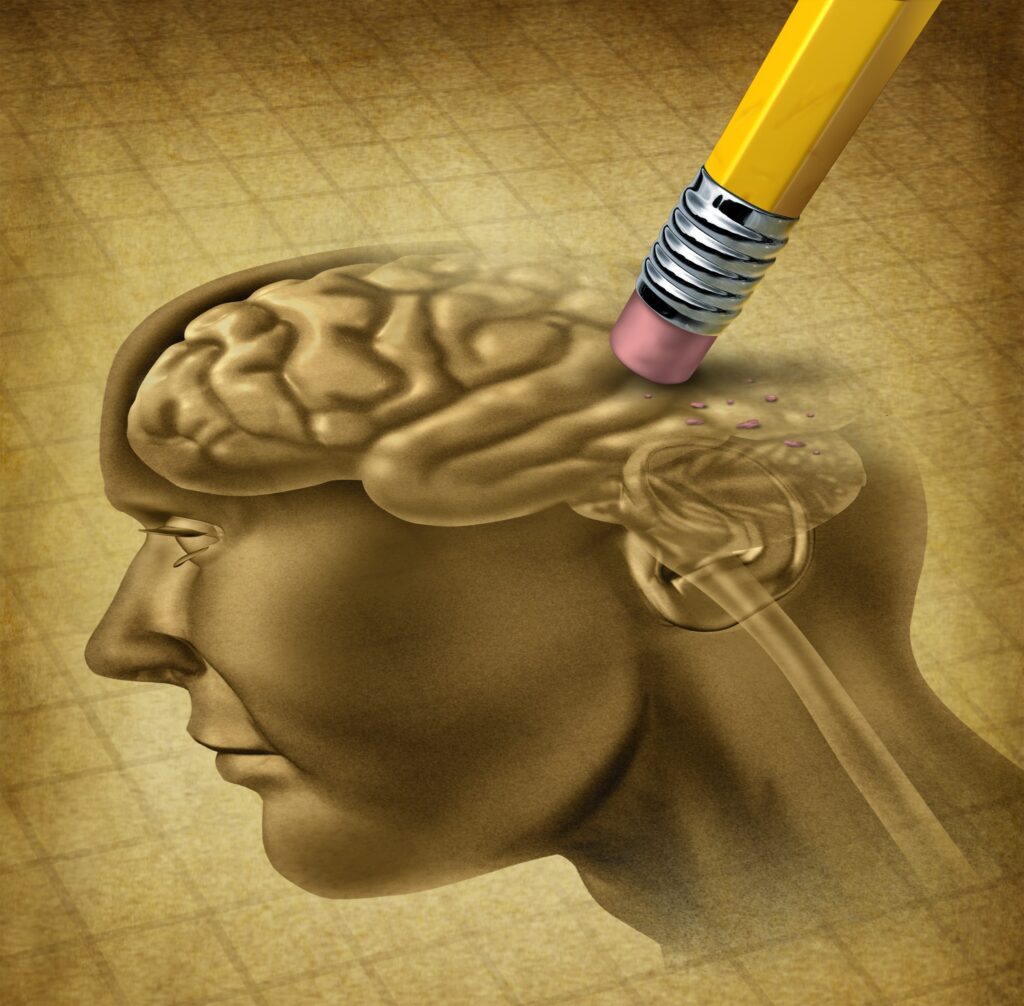India gained 2.9 million cases of dementia in 26 years. This is according to recent research published in The Lancet, which revealed that the number of people suffering from Alzheimer’s disease and other forms of dementia increased from 20.2 million in 1990 to 43.8 million globally in 2016.
 India’s dementia burden resulted in an estimated 140,000 deaths were caused. This, however, may be a rather low estimate.
India’s dementia burden resulted in an estimated 140,000 deaths were caused. This, however, may be a rather low estimate.
Currently, experts in India estimate around four million cases of Alzheimer’s disease and dementia. Dr ME Yeolekar, professor of internal medicine at KJ Somaiya Medical College and Hospital, noted that Alzheimer’s disease was all but unheard of two decades ago within India. This roughly corresponds with the time of the beginning of the Lancet study.
The implication of the two sets of information is that dementia cases in India may be rising far more rapidly than in other areas of the world. Alternatively, dementia rates may have been higher two decades ago than the current information would suggest. This may be due to a lack of public awareness leading to far lower diagnosis rates.
India, however, may have a far harder time handling the rising rates of dementia than other nations with comparatively high levels. Current strains placed on the healthcare system from infectious disease coupled with non-communicable diseases (NCDs) have left little resources allocated to mental healthcare.
Making matters worse, according to the Alzheimer’s and Related Disorders Society of India (ARDSI) is that there is no clear government policy to address the situation. Such neglect of the issue may cause severe societal issues if left unaddressed. India has an aging population, with more and more people living into old age every year, more people enter the primary risk group for Alzheimer’s disease — those aged over 65.
“Alzheimer’s carries with it significant economic and social costs. We need to intensify clinical research efforts to look for a cure for Alzheimer’s,” said Chirag Trivedi, President of Indian Society for Clinical Research.
With no current cure, and a gradual degenerative nature, treatment is not the only economic cost related to Alzheimer’s and dementia. Millions of sufferers in India warrant a vast number of carers to cope with the burden.
Some may be able to afford residential homes for their dementia affected relatives. Many more still will need to care for their relatives themselves. This can become a 24-hour unpaid job as the disease progresses to the later stages and mental functions deteriorate.
This could have a considerable economic impact to India as a whole as swathes of the population may be forced to leave their jobs to care for elderly relatives. To the individuals themselves, such a matter could leave them in extreme poverty. It is evident that a government policy to support individuals before such consequences occur is vital, to ignore the situation could lead to far worse economic and health impacts.

